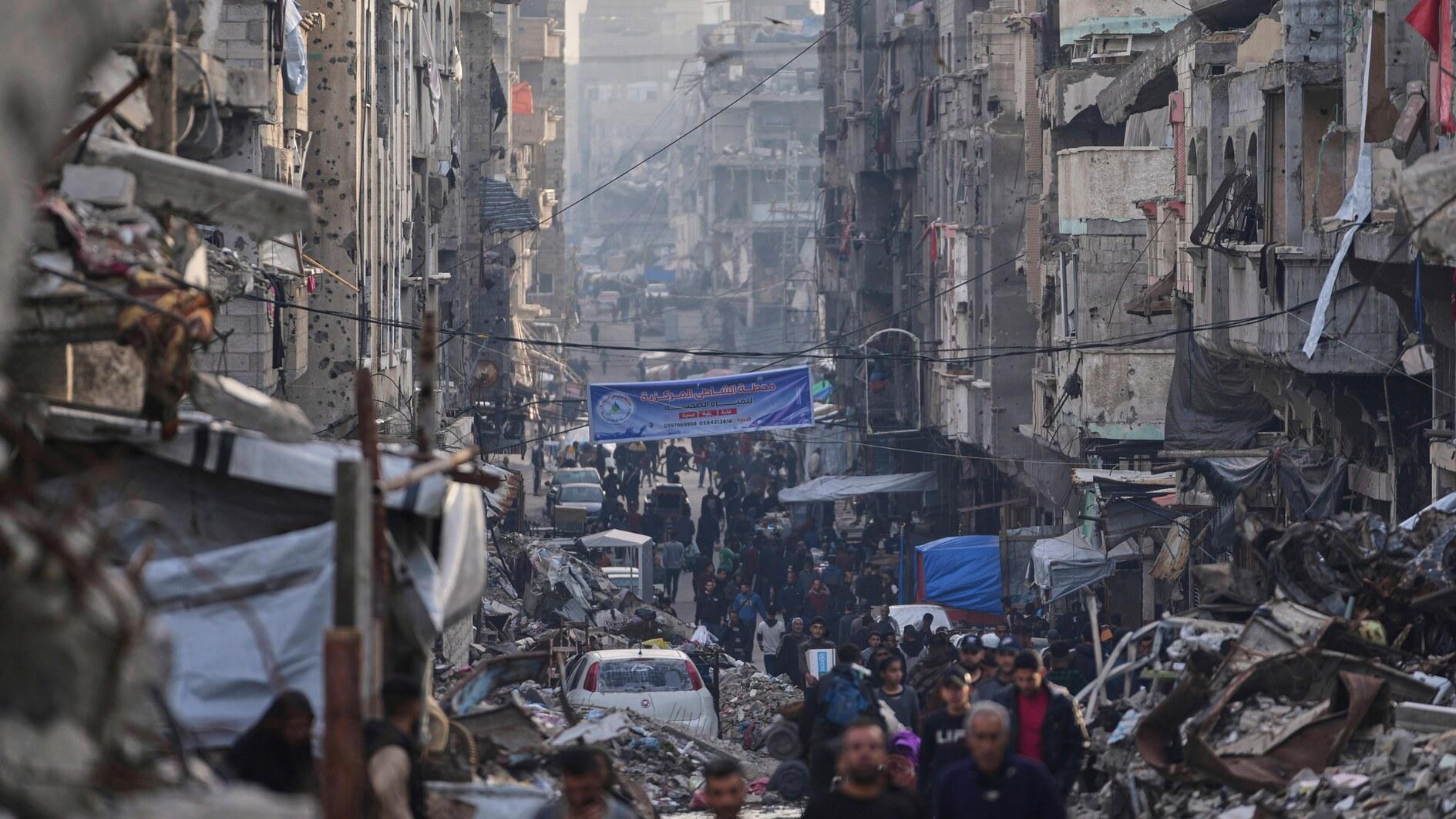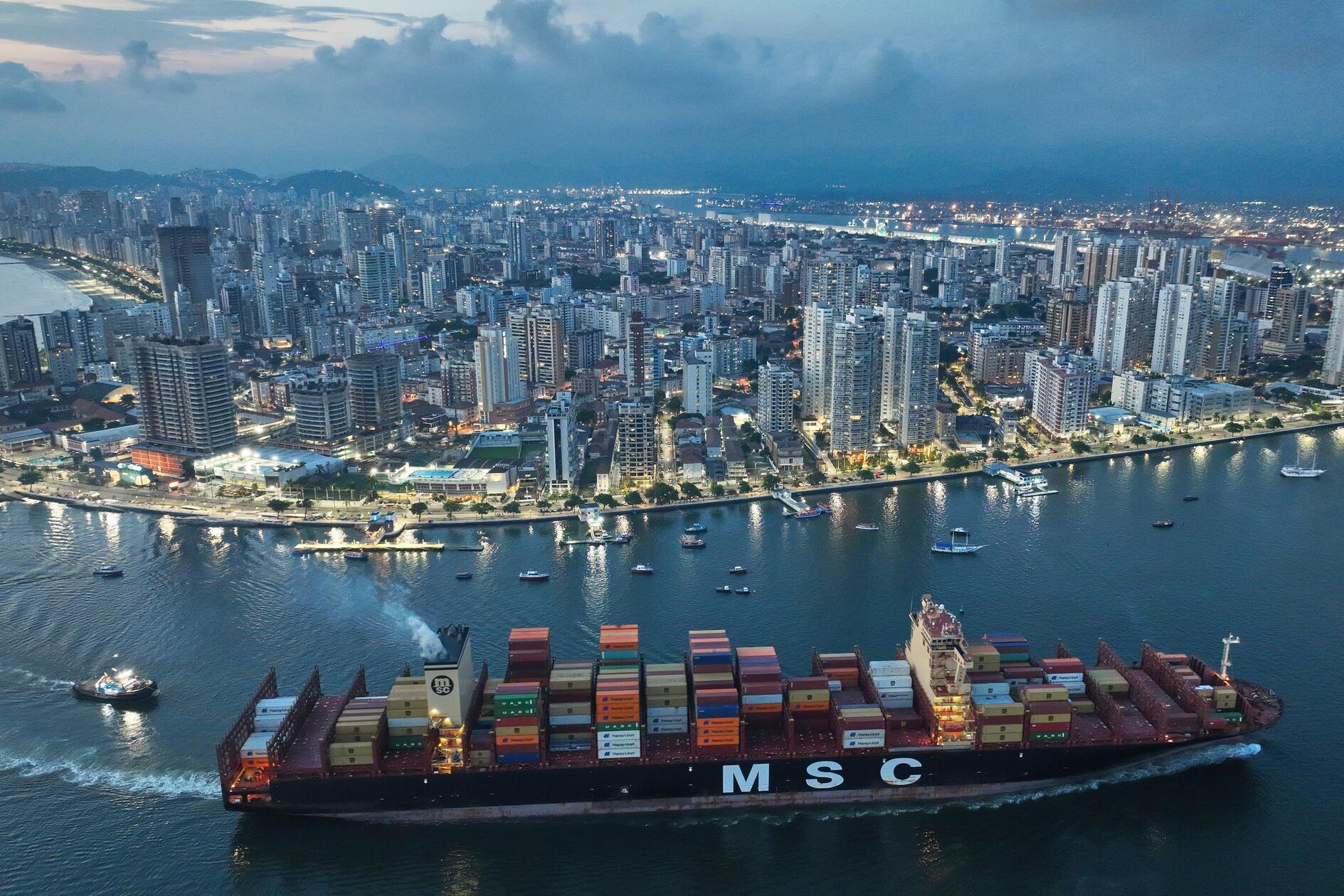Situation in Syria getting tougher for Turkey
Turkey feels it has been deserted by its allies in Syria and left alone in its efforts to dislodge the Islamic State of Iraq and the Levant (ISIL) from the town of al-Bab near the Turkish border. This is what we understand from a briefing for journalists last week by the military on the progress of Turkey’s operation Euphrates Shield in northern Syria launched on Aug. 24.
The military went further and said the delay by the U.S.-led coalition to move against the ISIL stronghold of Raqqa has enabled ISIL to concentrate on its fight against Turkish and Free Syrian Army (FSA) forces in al-Bab.
Washington in fact declared openly in November that it would no longer support Turkey’s move on al-Bab. This decision did not come out of the blue. Concerns about Ankara’s ultimate intentions in northern Syria have been voiced by the United States since Turkey launched Euphrates Shield.
Ankara did not make it a secret that its intention is not only to defeat ISIL, but also the People’s Protection Units (YPG), which is allied to the U.S. but which Turkey says is a terrorist organization linked to the outlawed Kurdistan Workers’ Party (PKK).
Turkey also says that after it captures al-Bab, it will move on to the town of Manbij, which was captured over the summer by the U.S.-backed Syrian Democratic Forces (SDF) composed mainly of YPG fighters. The aim of capturing al-Bab and moving on to Manbij was underlined forcefully again by President Recep Tayyip Erdoğan over the weekend.
Washington clearly does not want to see this happen because it would not only pit the Turkish military against the YPG, but also leave the U.S. facing a military standoff with Turkey that is bound to have serious repercussions.
As to the argument that the delay by the U.S.-led coalition to move on Raqqa has helped ISIL in al-Bab, one is reminded of U.S. officials quoted over the past months who said moves by Turkey against the YPG were posing complications for the operation on Raqqa, in which Kurdish YPG fighters are expected to play a major role.
As mentioned already, the complaint by the Turkish military about having been deserted by its allies has a background to it that can’t be overlooked. There are reasons why we are at this point today. This complaint could also be an effort to prepare the public for what is already shaping up to be a bloody and difficult military operation.
Turkey has to take al-Bab at any cost though, not only because this has become a strategic military imperative, but also because it has become a matter of honor for the government. One assumes therefore that al-Bab will be liberated, although this will take longer and the cost will be much higher than initially predicted.
The question then arises as to how Turkish forces will move on to Manbij after that, given that the U.S. seems determined in its alliance with the YPG. Erdoğan’s remarks show, however, that this has also turned into a strategic imperative and become a matter of honor.
Some argue that Erdoğan is counting his eggs before they have hatched and promising things he can’t deliver. Erdoğan also has domestic public opinion to contend with. The death of every Turkish soldier in Syria is increasing the number of Turks who question what the Turkish military is doing there in the first place.
The other basic fact that can’t be overlooked is that Turkey is advancing on al-Bab with Russia’s permission and according to Moscow’s guidelines. Moscow also wants Turkey to concentrate on ISIL, and other similar groups, and makes no mention of the YPG.
Put another way, there is no guarantee that Moscow will back Turkey’s ultimate aims in Syria, especially if Russia comes to an arrangement regarding this crisis with Washington after Donald Trump becomes president.
Standing back a step or two to look at the big picture, Turkey clearly has a very long way to go yet before it achieves its aims in Syria, where the going continues to get progressively tougher for it, and not simpler.











